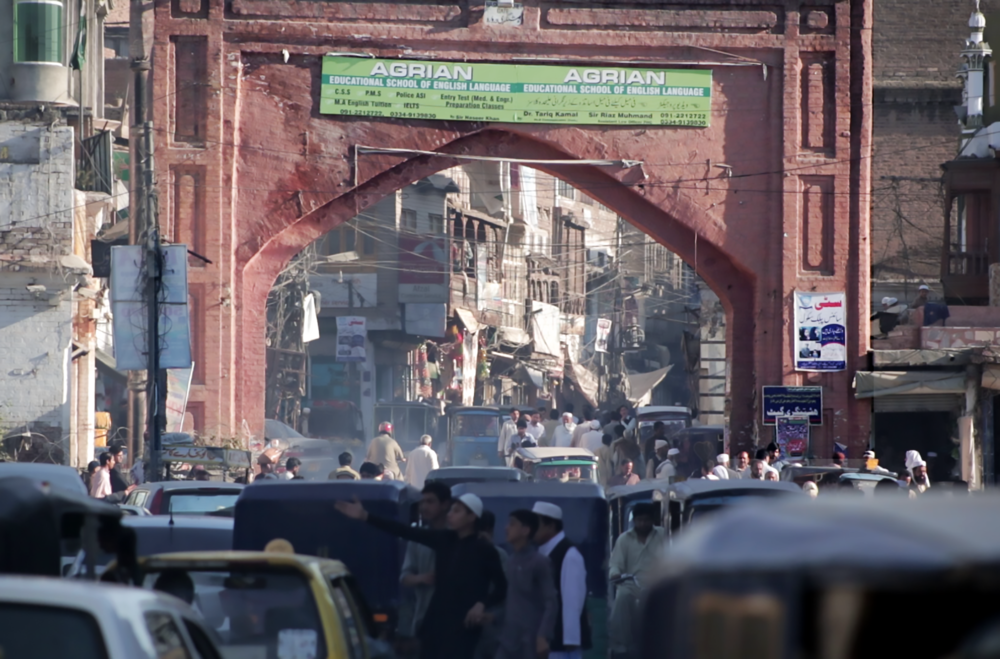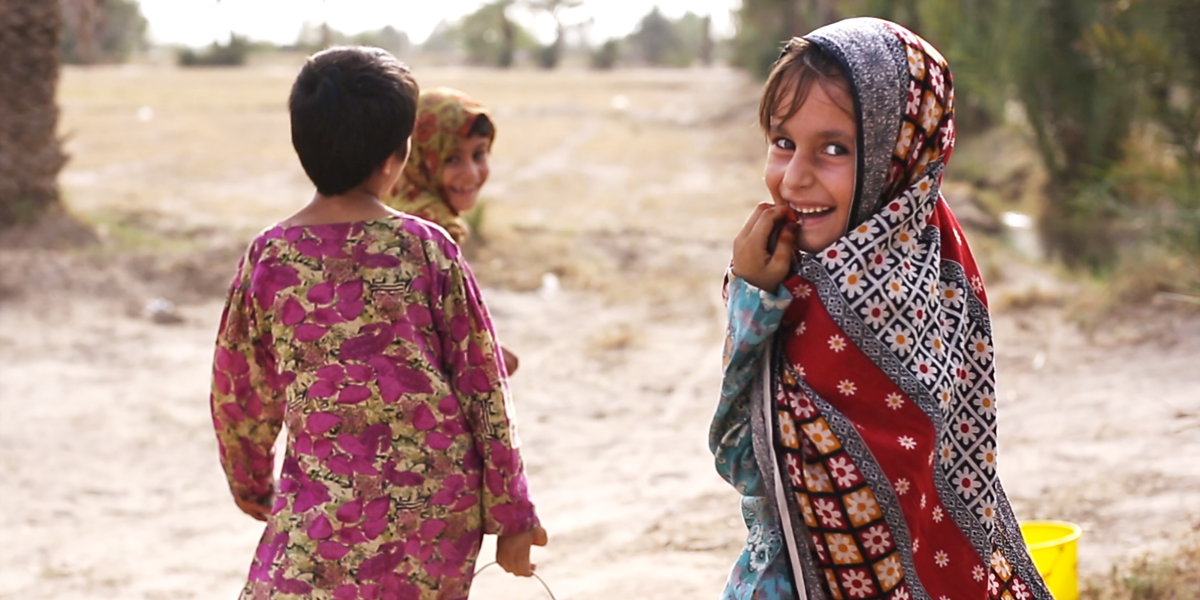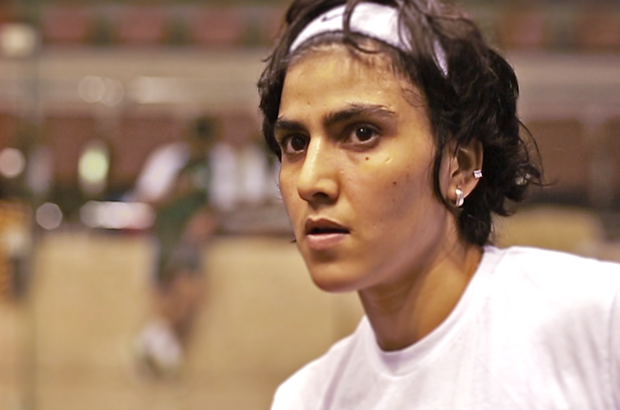ROSANNA ELLUL reviews Erin Heidenreich’s documentary revealing the understated struggles of Pakistan’s first female squash player.
In Girl Unbound: The War to be Her, Erin Heidenreich follows the life of a young squash player from Waziristan, Pakistan – a tribal region of the country known for its dominance by the Taliban. Maria Toorpakai Wazir, the focus of the documentary, was made famous for becoming Pakistan’s best female squash player, an immense achievement in a country where squash is the second most popular sport after cricket. Girl Unbound reveals how Maria’s success implicated her nationality and gender.
Although the documentary is focused on gender identity, Heidenreich’s presentation of the issue is carefully understated. Maria, who weightlifted and played squash dressed as a boy for most of her adolescent life, rarely talks about the personal ramifications of this nonconformity. Instead, we see how her gender and her love of sports were restricted by parts of the small society she grew up in. Girl Unbound begins by subtly placing different images of Pakistani women on the screen. For Maria, living in a world dealing with the near-fatal shooting of education activist Malala Yousafi, being a Pakistani woman starts to evolve into a new meaning. The film shifts between shots of Maria playing squash with men in cosmopolitan Toronto to shots of women walking alone on the streets of Pakistan, their faces covered and sometimes scarred. Immediately, Heidenreich locates Maria’s story in a culture of fear.

The film is simply shot, with Heidenreich always occupying the position of the observer/film maker. Maria moves from Toronto, her place of safety and comfort, back to Waziristan to be with her family and community. Underlying her journey is a distinct purpose for women’s liberation. It is clear that Maria aims to use her story and unique experience as a precedent for other women in Pakistan. Maria’s conversations between her family and the filmmakers are imbued with a sense of purpose and political energy. Her dream to be a free, independent and successful squash player requires her to also show other women that ‘fear is taught…you are born free and born brave. This is what you are worthy of’.

Heidenreich devotes a lot screen time to Maria’s voice and inspiring words. Like her sister and mother, she wishes to follow her family’s footsteps and teach women that they are not worthless, that they can find themselves in sports and education. Scenes of domestic comfort with her family, and cries on the streets for ‘freedom’ that are led by her sister, the youngest politician in Pakistan, successfully pinpoint a new political era for Pakistani women. Yet Heidenreich is cautious about romanticising these moments. As the film continues, a sense of listlessness pervades the atmosphere of change and achievement. The family walk along the tribal districts at night, calling on their friends and the police to keep them safe from the threats of the Taliban. Maria’s father’s conversation with one Taliban member shows the reactionary attitudes standing in the way of his family’s aim for liberation. Maria’s infiltration of male spaces in a male-dominant culture has not gone unnoticed, as one Taliban member decries: ‘Your daughters are disrespecting the system. Their pictures are in the newspapers, the media, and they’re not wearing a veil’.

Girl Unbound tackles the topic of Pakistani women in sport head on. It broaches the topic of gender identity at the end of the film, in an emotive personal interview with Maria. As Maria explains, ‘I’m not a guy, but I’m not a girl, psychologically’. She cuts her hair short, inspired by an old picture of David Beckham, to the dismay and confusion of the female hairdressers. Maria is defiant and confidant in this moment, an athlete and a champion beyond her identity as a girl or woman. Driving through the dark, dusty roads of tribal Pakistan, the struggle for gender equality and freedom, for both Maria and her sister Ayesha, becomes urgent in the second half of the film. The Wazir family move between Waziristan and Islamabad, fearing an insurgence from fundamentalist rebels. Their battle with domestic displacement speaks for Maria’s unclear gender identity in a society unsympathetic of her struggles.
‘Girl Unbound: The War to be Her’ is screening at the Human Rights Watch Film Festival from 15-16th March. More information on the festival here.
Feature image courtesy of tiff.net





